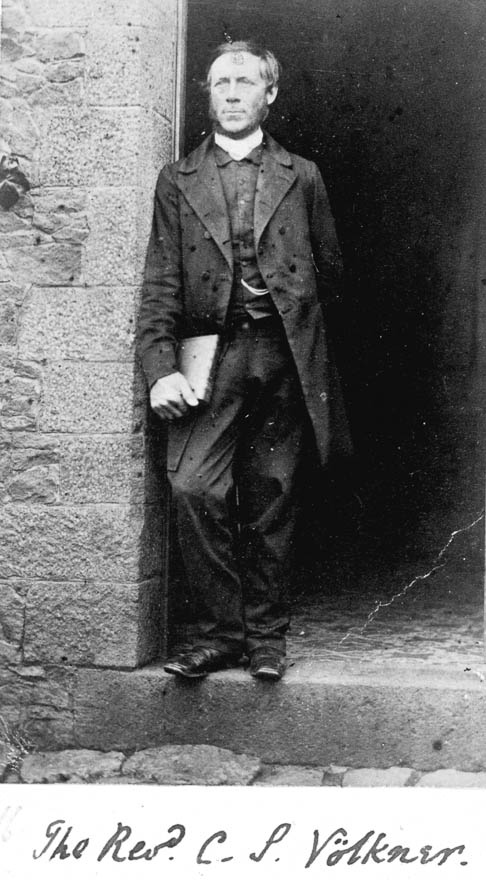
Carl Sylvius Völkner was a Protestant missionary who arrived in New Zealand from Germany in 1849. In 1861 he became head of the Church Missionary Society mission at Ōpōtiki in the Bay of Plenty. During the rise of the Pai Mārire, or Hauhau, movement Völkner wrote to Governor Grey informing him of events in the region, and asking him 'to receive my accompanying letters as private communications to yourself, and not to publicize my name or abode with any information you make use of.'

Community contributions